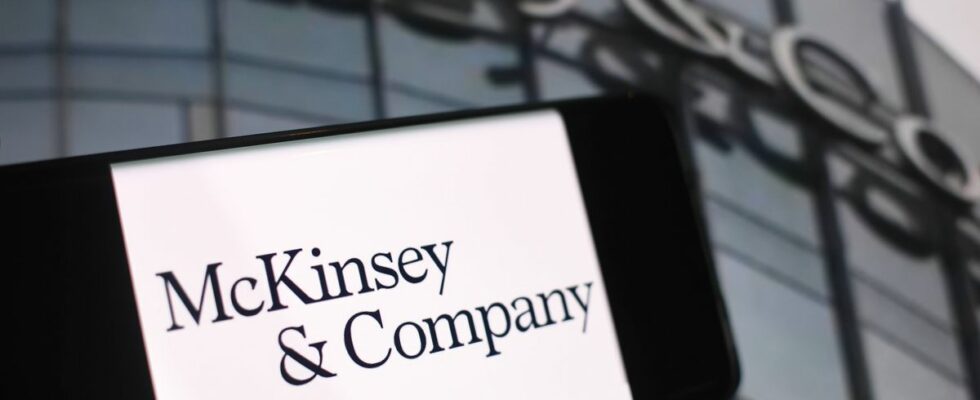The transparency of consulting firms is in the viewfinder of the Senate. The upper house of Parliament relaunched the debate on this file overnight from Monday to Tuesday with the adoption of a “transpartisan” amendment to the 2023 draft budget after the opening of two investigations by the courts.
This text, approved by a show of hands, takes up the bill adopted unanimously by the Senate in mid-October, “to establish real transparency in consulting services”. “This is a transpartisan amendment for real transparency,” said Communist Senator Eliane Assassi. The Minister of Public Accounts, Gabriel Attal, for his part asked for his withdrawal.
An investigation requested into the links between the majority and McKinsey
This measure will certainly not be retained in the end by the government, which should again use article 49.3 of the Constitution before the National Assembly on the budget. “The Government has taken no steps to include (the Senate bill) on the agenda of the National Assembly”, deplores the amendment tabled by the president of the commission of inquiry of the Senate Arnaud Bazin (LR) and the communist rapporteurs Eliane Assassi and Cécile Cukierman.
Published on March 16, the report of the Senate’s commission of inquiry into the growing influence of private consulting firms on public policies, initiated by the majority communist group CRCE, assured that the contracts signed between the State and the cabinets had “more than doubled” between 2018 and 2021, for a record amount of more than 1 billion euros in 2021. The opposition had demanded in the process the opening of an investigation into the links between the Macronist majority and McKinsey.
The Senate report also pointed to a possible tax arrangement for McKinsey’s French entities, which would have allowed them to pay no corporate tax between 2011 and 2020.
Two investigations have been opened by the courts into the intervention of consulting firms in Emmanuel Macron’s electoral campaigns in 2017 and 2022, to try to find out whether they have not unduly benefited from funding in return for public contracts. .

